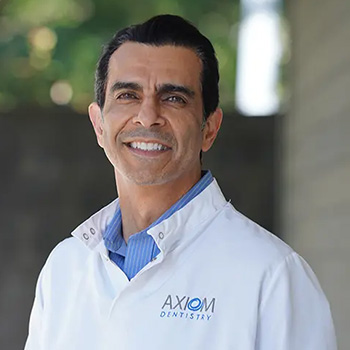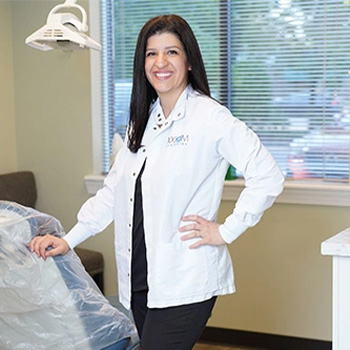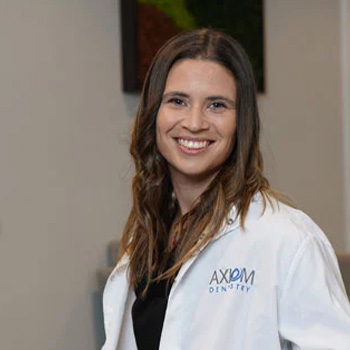Sedation Dentistry in Raleigh, NC
Sedation Dentistry in the Raleigh Area
Have you been delaying needed dental treatment due to dental anxiety? You are not alone. Nearly 75 percent of Americans experience some dental fear. If you experience feelings of nervousness or anxiety, you might be the perfect candidate for dental sedation.
Common reasons for dental anxiety include:
- Fear of Pain
- Feelings of Helplessness
- Loss of Control
- Embarrassment
- Loss of Personal Space
Many patients delay dental treatment until they are experiencing pain. Often, by the time patients seek dental treatment they have multiple dental needs including periodontal disease, severe decay, and abscesses. Dental care is an important part of your overall general health. Dental sedation is the pharmacological approach to altering a patient’s awareness and consciousness. Axiom Dentistry offers several sedation options. Medications can vary based on the patient’s needs and medical history.
The most commonly offered form of dental sedation is the use of laughing gas. Since 1772, laughing gas has been safely used to reduce anxiety and pain with little-to-no side effects. Laughing gas is inhaled through a nasal hood. It can be administered at any time to almost any patient. It produces a euphoric feeling that can be adjusted throughout the dental procedure according to the patient’s needs. The effects are short-lived making it possible for patients to drive themselves both to and from their appointment. Once the laughing gas has been discontinued, the patient will breathe plain oxygen and be alert and awake within minutes. This form of sedation is best suited for low anxiety levels or light procedures such as routine cleanings.
In some cases, the level of anxiety that a patient suffers requires a deeper level of sedation. IV sedation is an effective option for patients with severe dental phobias. With IV sedation, medication is administered through an intravenous line, allowing for deep sedation throughout the dental procedure. This method offers a higher level of relaxation, helping patients feel completely at ease and reducing anxiety. Patients may remain conscious, but they will not feel any discomfort or have memory of the procedure. IV sedation is often used for more invasive dental treatments and for patients who have high levels of dental anxiety.
Oral medications can be extremely effective in treating more intense dental phobias. One or more of these medications can be used prior to dental treatment and can be combined with nitrous oxide gas to create a sleep-like state in which the patient will be able to respond to stimuli; however, will likely have no memory of the procedure. There can be risks associated with taking any prescribed or over-the-counter medication. For this reason, it is important to share an accurate and current medical history with your dentist and provide a list of all medications you may be taking.









